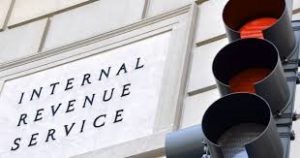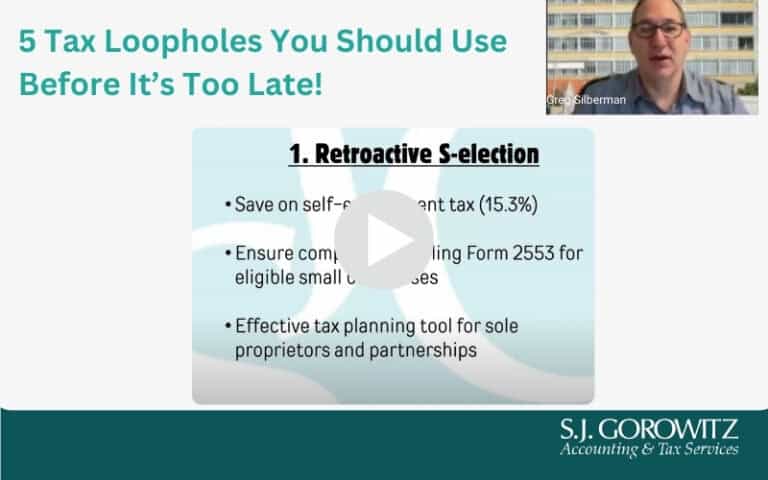 The Internal Revenue Service (IRS) is ramping up efforts to thwart identity theft, which is becoming more and more common.
The Internal Revenue Service (IRS) is ramping up efforts to thwart identity theft, which is becoming more and more common.
Tax-related identity theft occurs when someone uses your Social Security number to file a fraudulent tax return in an attempt to get a tax refund. You may not be aware of the problem until you attempt to E-file your tax return and find out that another return has already been filed using your Social Security number.
If the IRS has a concern about a suspicious tax return with a real taxpayer’s name and/or Social Security number, they will send a letter to the address on the federal tax return. It’s a specific form identified as Letter 5071C (check the upper corner of the letter for the number). If you receive Letter 5071C, you should follow the directions and either access www.idverify.irs.gov or call the toll-free number provided in the notice.
When responding to the letter, you should have copies of your prior year tax return and your current year tax return, and any supporting documents, such as your forms W-2 and 1099.
You will be asked questions that only you can answer and the whole process only takes a few minutes.
Once you verify your identity, you can confirm whether you filed the tax return the IRS finds to be suspicious. If you did not file the return, the IRS will help you with the next steps. If you did file the return, your return will be processed. It will take approximately nine weeks and you’ll be issued a refund, if one is due.
I know – this sounds like a scam. You should be wary when someone contacts you saying they work for the IRS, however this is legitimate.
The IRS will not initiate contact with you to verify your identification via email, text or phone as they only communicate via written correspondence in order to verify identity with a notice 5071C. They will also not send you a message with an attachment asking you to log in to get a tax transcript or update your profile. Do not click on any email attachment associated with an alleged IRS email as it is likely infected with malware.
Don’t!
- Don’t open an email that claims to be from the IRS or attempts to confirm your personal tax information. The IRS does not send this letter or verify your identity via email,
- Don’t verify your information in response to a phone call. The IRS will not call you to verify this information, without having sent you the letter first.
- Don’t click on anything that says “tax transcripts” or something similar in the subject line.
Do!
- Delete any email requesting tax identity information or forward it to phishing@irs.gov, if you’re on a personal computer.
- Notify your technology office staff about any suspicious email received on your computer at work.
























